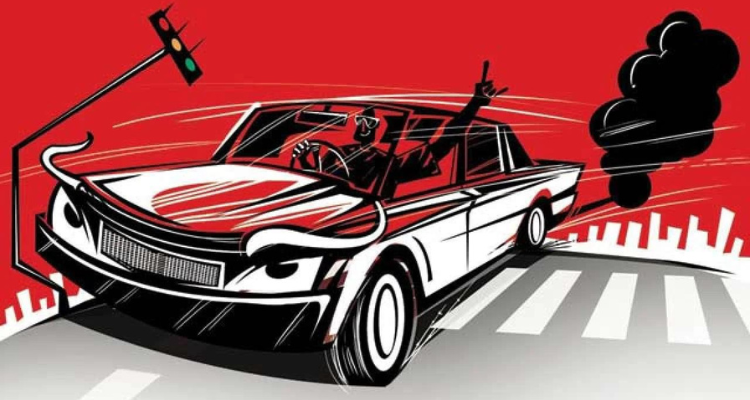
The advent of automobiles not only offered new experiences and skills but also opened up employment opportunities, even for the affluent, to own personal vehicles.
However, it also brought about various incidents leading to fatalities, injuries, accidents, and damages, prompting legislative measures to prevent such occurrences. Despite these laws, India continues to face such incidents where legal provisions come into play to provide remedies.
Rash Driving
Rash or negligent driving, though seemingly minor, encompasses various legal aspects. While Section 279 of the Indian Penal Code defines rash driving on public roads, other IPC provisions like Sections 337 (causing hurt) and 338 (causing grievous hurt) are crucial to consider in this context.
Section 279 IPC
Section 279 IPC deals with rash driving or riding on a public road. It defines reckless and negligent behavior when a driver fails to adhere to driving regulations, indicating impulsivity or carelessness.
However, merely driving fast does not always constitute rash driving; it depends on the driver’s ability to control the vehicle and the traffic conditions. For instance, if the road is empty and the driver can maintain control of the vehicle, it may not be considered rash driving.
Additionally, speed limits set by the Ministry of Road Transport and Highways may justify driving at higher speeds on designated highways. Nevertheless, if a driver operates a vehicle without due care and consideration, they may be deemed guilty under Section 279 of the Indian Penal Code.
Punishment:
For breaching Section 279 IPC, the perpetrator faces imprisonment for up to six months, or a fine of up to one thousand rupees, or both.
In The Action
Under Section 279 of the Indian Penal Code, careless or negligent riding on a public road is also considered an offense. A public road refers to any pathway frequented by the public for walking or vehicle passage, such as sidewalks, streets, and highways.
While individuals have the right to move freely on these pathways, driving a vehicle recklessly or negligently, resulting in harm or injury to another person (excluding death), whether intentional or accidental, constitutes an offense punishable under this section.
Read More: Supreme Court, Delhi High Court, States High Court, Other Courts, International




